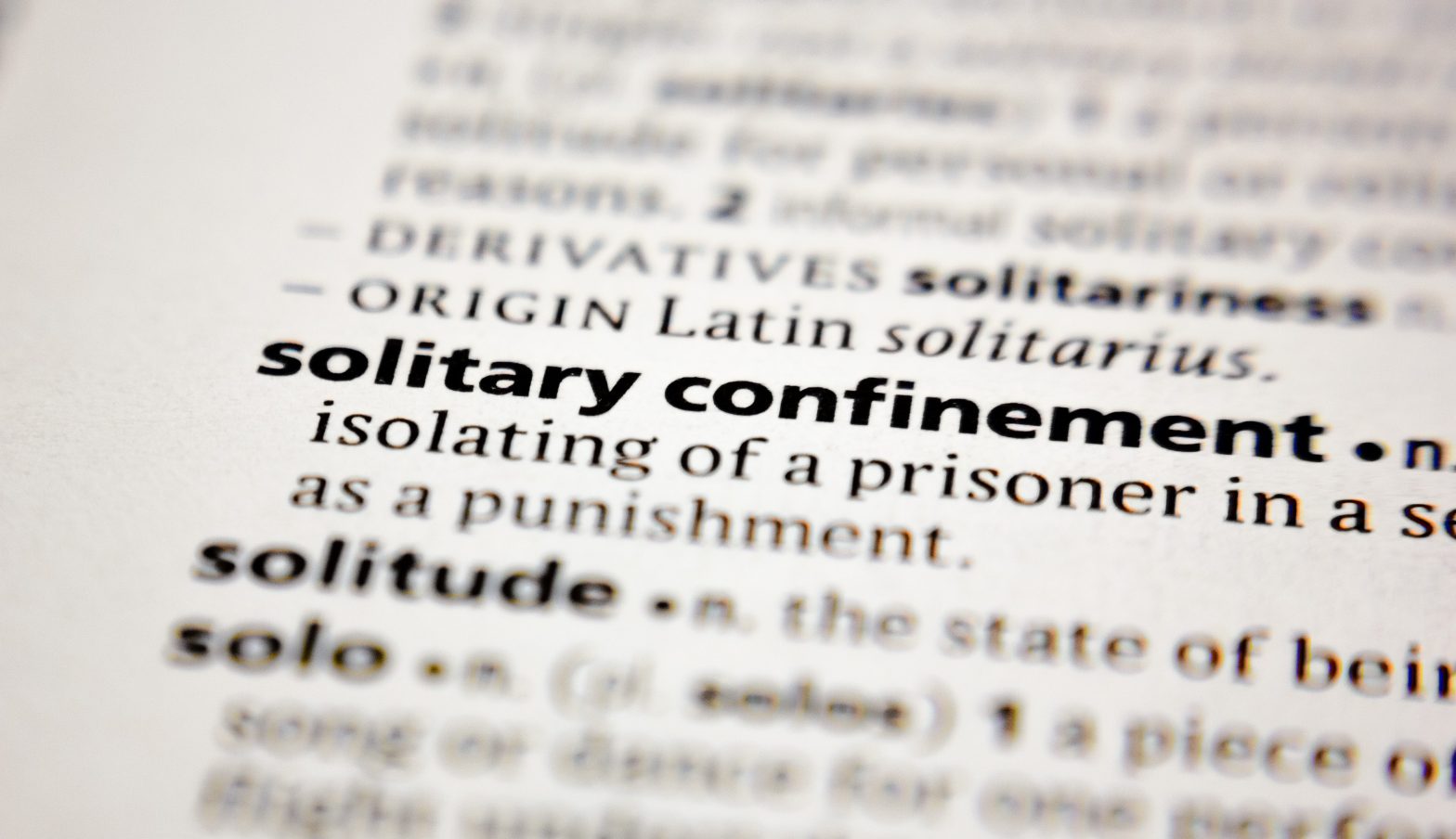On Tuesday, Democratic senators introduced the End Solitary Confinement Act, aiming to significantly prohibit the use of solitary confinement in federal institutions and encourage states and local jurisdictions to adopt similar measures.
Introduced as a companion to a bill presented by over a dozen House Democrats in July, the bill aims to prevent solitary confinement for inmates and detainees for more than four hours during emergency situations. Additionally, it mandates that staff members meet with them at least once an hour.
The legislation also entitles incarcerated individuals to a minimum of 14 daily hours outside their cells, including seven hours of programming addressing substance abuse, violence prevention, and mental health.
Senators Elizabeth Warren, Ed Markey, Bernie Sanders, and Peter Welch introduced the Senate legislation.
Senator Markey emphasized the cruelty of solitary confinement, stating that forcing individuals into small, windowless cells for extended periods is not rehabilitation but a form of unjust and inhumane torture, particularly impacting vulnerable groups.
According to a nonprofit watchdog report, approximately 122,000 people in federal and state adult prisons, as well as federal and local jails, experience restrictive housing, commonly known as solitary confinement, for 22 hours or more daily.
While Senate Democrats introduced a bill last year to reduce the use of solitary confinement by the Federal Bureau of Prisons (BOP), the current bills propose more comprehensive measures, including capping isolation hours and mandating regular federal reporting on incidents of self-harm, suicide, and demographic breakdowns during emergency de-escalation.
The fate of the End Solitary Confinement Act in terms of garnering support from Republicans or President Joe Biden remains uncertain, despite the President’s campaign promise to reform the federal prison system, including the pledge to end solitary confinement with minimal exceptions. Inquiries about the legislation have not received immediate responses from the White House.
BOP data indicates a 7% increase in the number of individuals held this week in restrictive housing compared to May 2022, when President Biden issued an executive order to revamp the criminal justice system and ensure freedom from prolonged segregation for federal inmates.
While numerous states have enacted legislation to restrict solitary confinement, including its elimination for vulnerable populations like juveniles and pregnant or LGBTQ prisoners, unions representing corrections officers in states such as New York and Connecticut have raised concerns about the impact on staff safety and the creation of unsafe conditions due to new laws limiting solitary confinement.
Advocacy groups for prisoners assert a growing momentum and support for ending the practice. An independent monitoring agency examining the law in New York concluded that segregated confinement causes harm, while effective alternatives contribute to reducing violence and enhancing safety.
According to Jessica Sandoval, the director of the advocacy campaign Unlock the Box, the latest federal bill would provide a blueprint for states and other jurisdictions to follow in order to fully eliminate the barbaric practice of solitary confinement in U.S.
Source: https://www.nbcnews.com/politics/politics-news/bill-end-solitary-confinement-federal-government-introduced-senate-rcna128148
